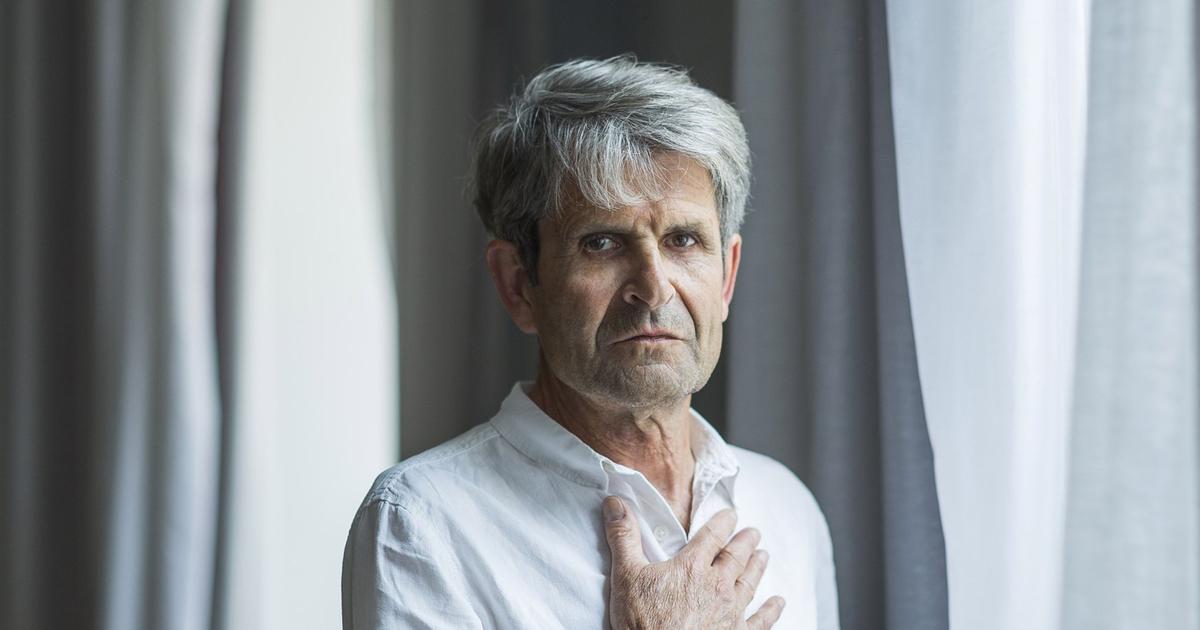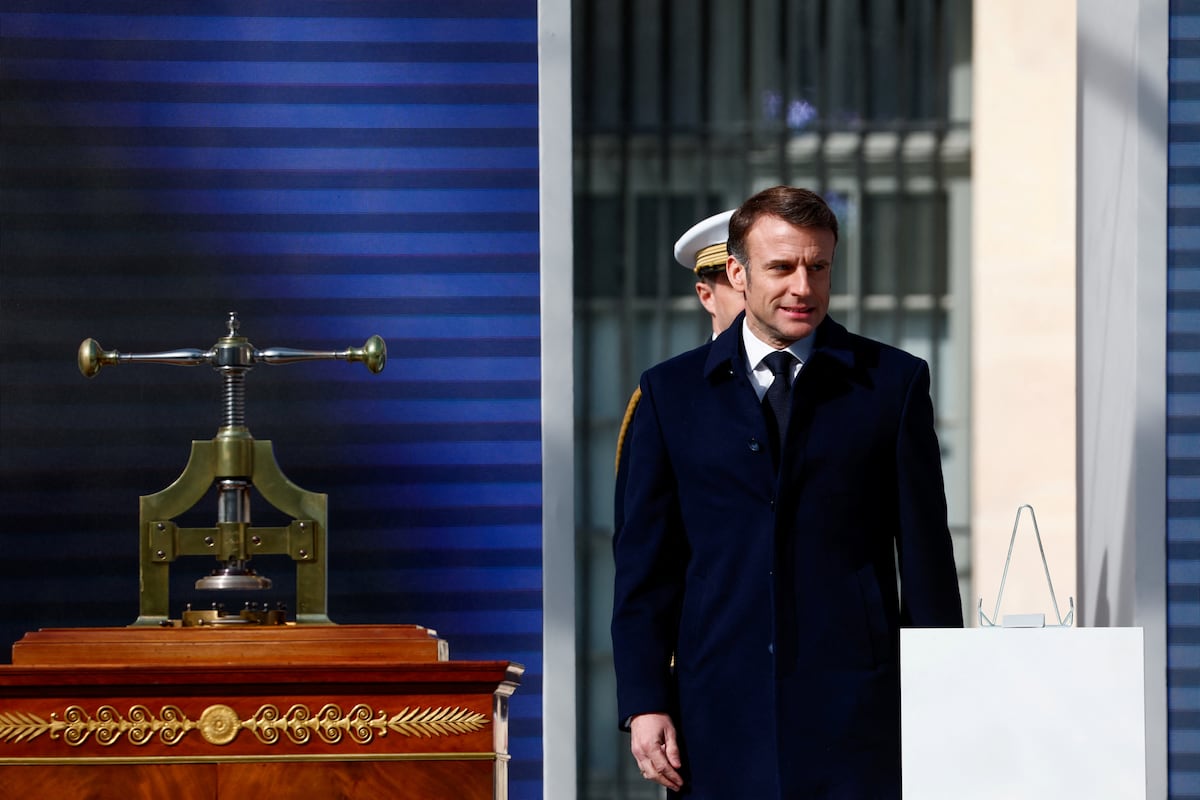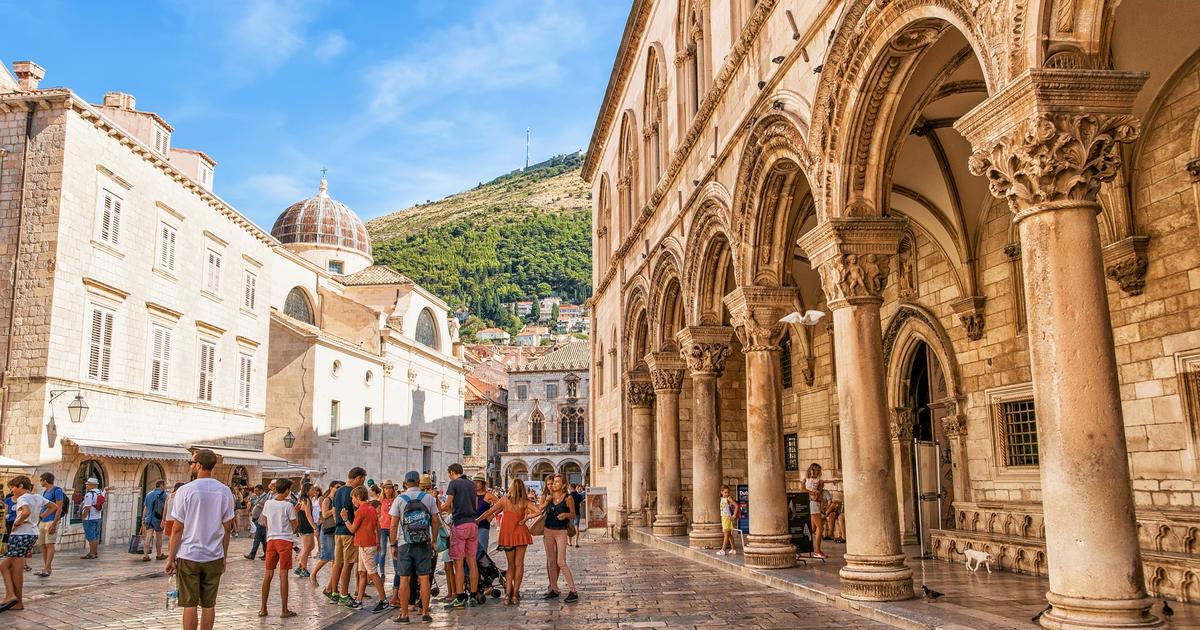Sergi Barjuan bids for a ball with Milosevic in the Euro 2000 Cup. Uly Martín
The history of the European Championship should have the former Yugoslav team on a pedestal.
Few teams have given as much game as her until its dissolution in 1992, and even after, when it still kept the name but was only formed by Serbia and Montenegro (1992-2003).
Anthological matches remain in memory and interesting records still remain in his possession, such as having played the match with the most goals in the history of the competition. Or being the protagonist of unusual situations, such as the sanction of the UN Security Council, which excluded him from Sweden in 1992 due to the Balkan War, when its components were already in Nordic lands to participate in what would have been its fifth appearance. at the tournament.
Yugoslavia was the founder of the Eurocup. He played his first edition and lost the final against the USSR (2-1) in extra time and after having advanced on the scoreboard. In their semifinal they had defeated France, the hosts, in a memorable match that continues to be the match with the most goals in the history of the competition, nine (4-5). The locals were winning 3-1, and 4-2 in the 62nd minute, but the Balkans came back with three goals in the 75, 78 and 79. At the head of the selection were three technicians (Tirnanic, Lovric and Nikolic) and four Players were nominated in the best eleven of the tournament (Galic, Durkovic, Sekularac and Kostic).
Eight years later, in 1968, Yugoslavia repeated the final and this time fell to Italy, also host, after forcing a tiebreaker match. In the first final he again took the lead with a goal from his star, Dzajic, and only ten minutes from the end could the
Azzurra squad
draw. Extra time and playoff game at 48 hours, also at the Olympic in Rome. Italy won (2-0).
In 1976 he returned to be the protagonist.
He reached the semi-finals and faced West Germany.
Yugoslavia beat the break (2-0).
Flohe shortened the gap and in the 79th minute a gigantic German center forward, Dieter Muller, entered the dance floor.
It was his first game and he made a triplet.
He tied within the minute of being on the pitch and sealed his debut with two more goals at 115 and 118. The
plavi
(blue) were one step away from their third final in five editions played.
More information
Germany, from a "waste of time" to triple champion
How good is each team at the Euro Cup?
The data say that Spain is the fourth best
Starting in 1992, the Yugoslavia, which had shone with its own soccer school, with talented players, great individual technique, a basic physical condition and a sixth sense to compete in all team sports, began to disintegrate.
Croatia and Slovenia officially formed their national team in 1992. North Macedonia and Bosnia Herzegovina in 1993 and under the name of Yugoslavia or Republic of Yugoslavia, as of 1994, once sanctions were overcome, Serbia and Montenegro began to compete.
This is how they qualified for Euro 2000, the first organized by two venues, Belgium and the Netherlands.
In the final phase he did not leave anyone indifferent.
In his group he starred in two impressive games against Slovenia (3-3) and Spain (3-4).
In the first, with one man less, he equalized in six minutes, from 67 to 73, an adverse 0-3.
The second is also part of the history of Spanish football.
Camacho's selection had a fit of fury and came back from a match in which it was always behind on the scoreboard.
Alfonso achieved the first draw (1-1), Munitis, the second (2-2), Mendieta, from a penalty in 94, got 3-3 and again Alfonso scored the winning goal in 97. Yugoslavia passed as second in the group and in the quarterfinals he maintained his line of matches with goals.
Another seven goals, but unfortunately six were from the Netherlands (6-1).
Yugoslavia continued to compete under this name until the 2006 World Cup. Then, Serbia collected the inheritance and in 2007, Montenegro created its own team.
In 2016, UEFA and FIFA also admitted Kosovo.
The great Yugoslavia was definitely going down in history.
Subscribe here
to our special newsletter about Euro 2021

/cloudfront-eu-central-1.images.arcpublishing.com/prisa/THK6FI5K7VDPFGYVZ6FTIGIXLE.jpg)







